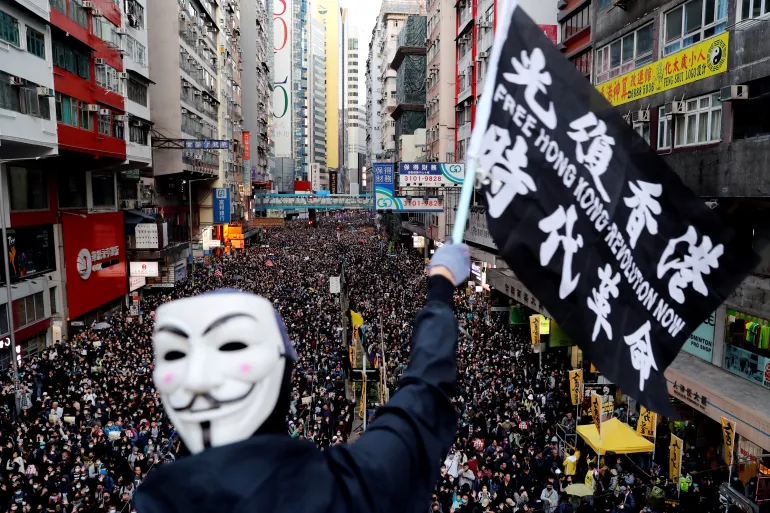As we delve into the origins of Article 23. It becomes clear that this legislation is not a sudden development; rather, it is the culmination of years of political tension and legislative deliberations. Initially proposed to address security concerns within the region. Article 23 has evolved into a law that critics argue threatens the foundational freedoms. Guaranteed to Hong Kong under the “One Country, Two Systems” principle.
The Law’s Broad Strokes
Moreover, the broad and somewhat ambiguous nature of Article 23’s provisions has become a focal point of contention. Covering issues from secession and subversion to terrorism and foreign collusion. The law grants authorities expansive powers to enforce these rules. Consequently, the scope for interpretation has raised concerns over potential misuse and the erosion of civil liberties.
The International Backdrop
Furthermore, the introduction of Article 23 occurs against a complex international backdrop, where geopolitical tensions between China and several Western nations are at a high. This context has magnified the law’s significance. With various countries voicing their apprehensions about the impact of Article 23 on Hong Kong’s autonomy and the rights of its citizens.
Hong Kong Responses and Repercussions
Additionally, the global reaction to Article 23 has been swift and multifaceted. From sanctions and diplomatic protests to public demonstrations and expressions of solidarity with Hong Kong’s residents. The international community has not remained silent. These responses underscore the broader implications of the law for global norms on human rights and governance.
Navigating the Future Hong Kong
In conclusion, Article 23 stands at the intersection of local governance, international politics, and human rights. As Hong Kong navigates the challenges posed by this national security law. The world watches closely. The future of Article 23 and its impact on Hong Kong will undoubtedly continue to spark debate, serving as a litmus test. For the region’s autonomy and the international community’s commitment to defending democratic principles.
Read more articles here. Read some from here
